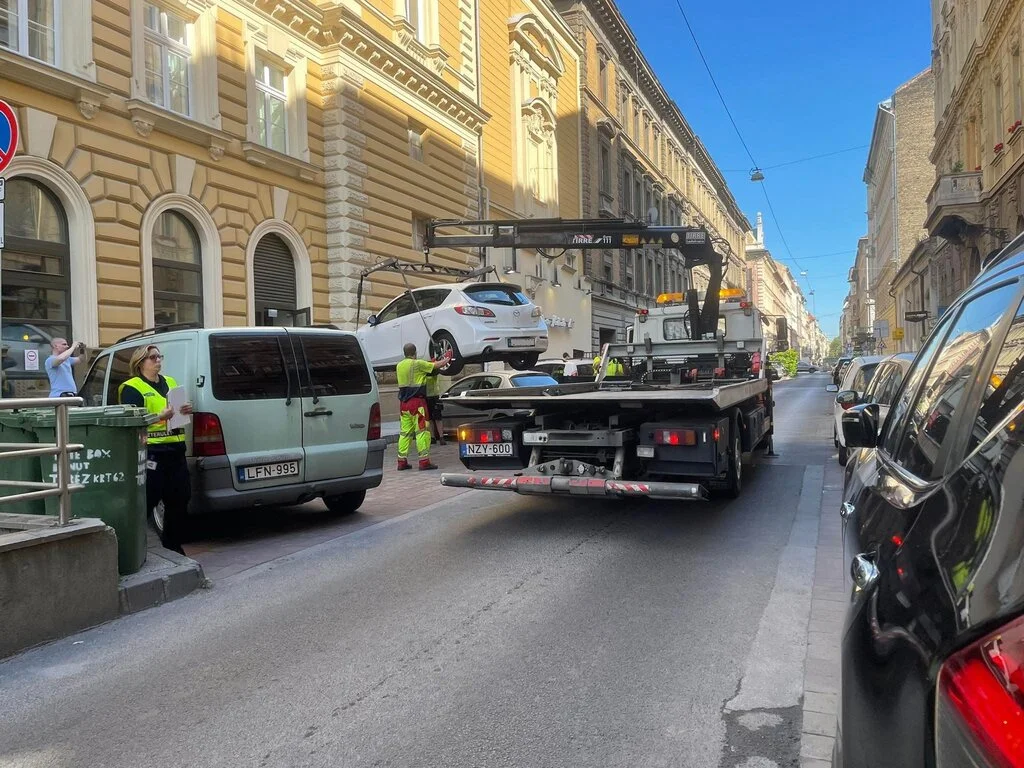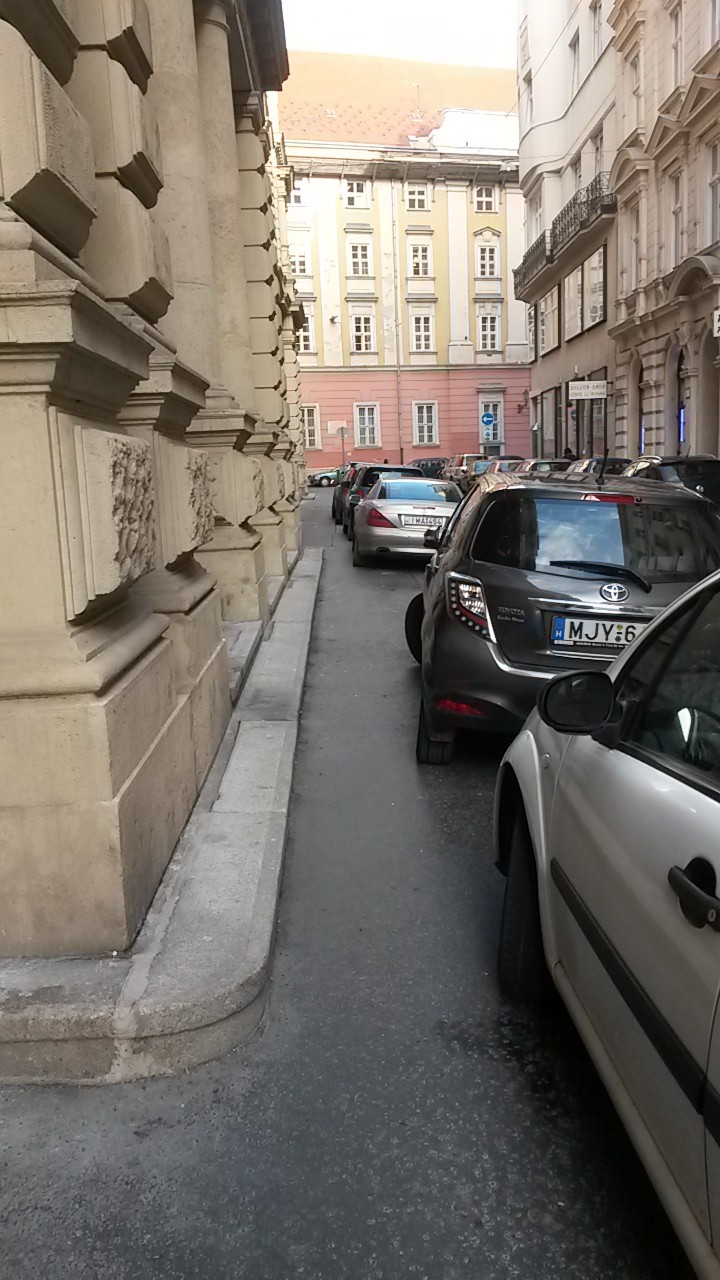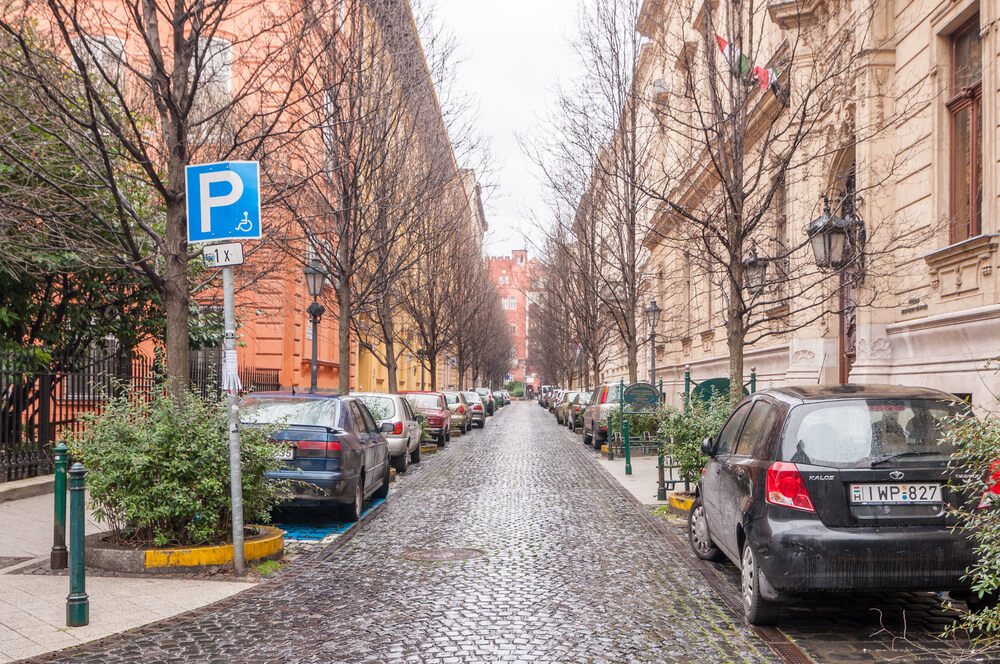Parking fees in Budapest areas may double if new proposal gets green light

Change language:
Based on a new proposal from seven Hungarian NGOs, parking fees in Budapest may double in several areas. Furthermore, they would gradually increase the parking fees of the locals. They believe it is not a basic right to store your vehicle for free in public places.
Free parking in Budapest may end
According to index.hu, seven NGOs would fundamentally reshape Budapest’s entire parking system. They drafted a package of proposals containing 15 suggestions for the first session of the new Budapest Municipal Council on 4 October.
The NGOs believe that if their proposals were accepted, Budapest’s traffic jams would be reduced. What’s more, it would be easier to find a free parking place in the city and there would be more space to expand green areas, create pavements for pedestrians and bike lanes for bikers.

They wrote that stalled vehicles make cycling hard or even impossible in many areas even though cycling should be preferred in the city. Moreover, parking fees in Budapest do not cover even a fraction of the value of the public space in which the cars are stored. If parking is free, drivers do not realise how valuable their occupation of public space is.
New philosophy for parking fees in Budapest?
The NGOs believe it is discriminative that they provide public space for car owners, while those who do not own a car or store it somewhere else do not get anything. Finally, free parking or low charges boost car traffic.
The civil organisations submitting the proposals believe it is not the people’s basic right to store their vehicles in public spaces. They would scrap almost all of the discounts and differentiate between the first and second cars of the households.








Of course, all according to Agenda 2030, 15-Minute Cities, and other globalist-socialist wet dreams. “You will own nothing and be happy.”
These “N.G.O.”s need to be put out of business. Pronto!
These proposals are commendable. Budapest is a beautiful city but drowning beneath not just the weight of parked cars but also cars being used. It’s easier and cheaper to drive (due to relatively cheap short term parking charges and an absence of congestion charges or emissions restrictions) than virtually any other European capital where driving cars are often the preserve of the very wealthy of financially profligate. Cities that have clamped down on private car use have far better air quality, greater levels of interaction between residents and offer more welcoming public spaces. Fact is the majority of urban journeys currently undertaken by car could be easily accomplished by public transport, bicycle or even on foot, the car currently presents as a comfortable and moderately affordable option for a lot of people.
With public transport as cheap and reliable as it is and the array of innovative options now available, from car sharing schemes to rented and owned electric bicycles and scooters, I’m genuinely surprised at the continuing high levels of car use. Employers and the tax system that encourages it are partly to blame by throwing company cars at medium level employees instead of increasing their gross salary.